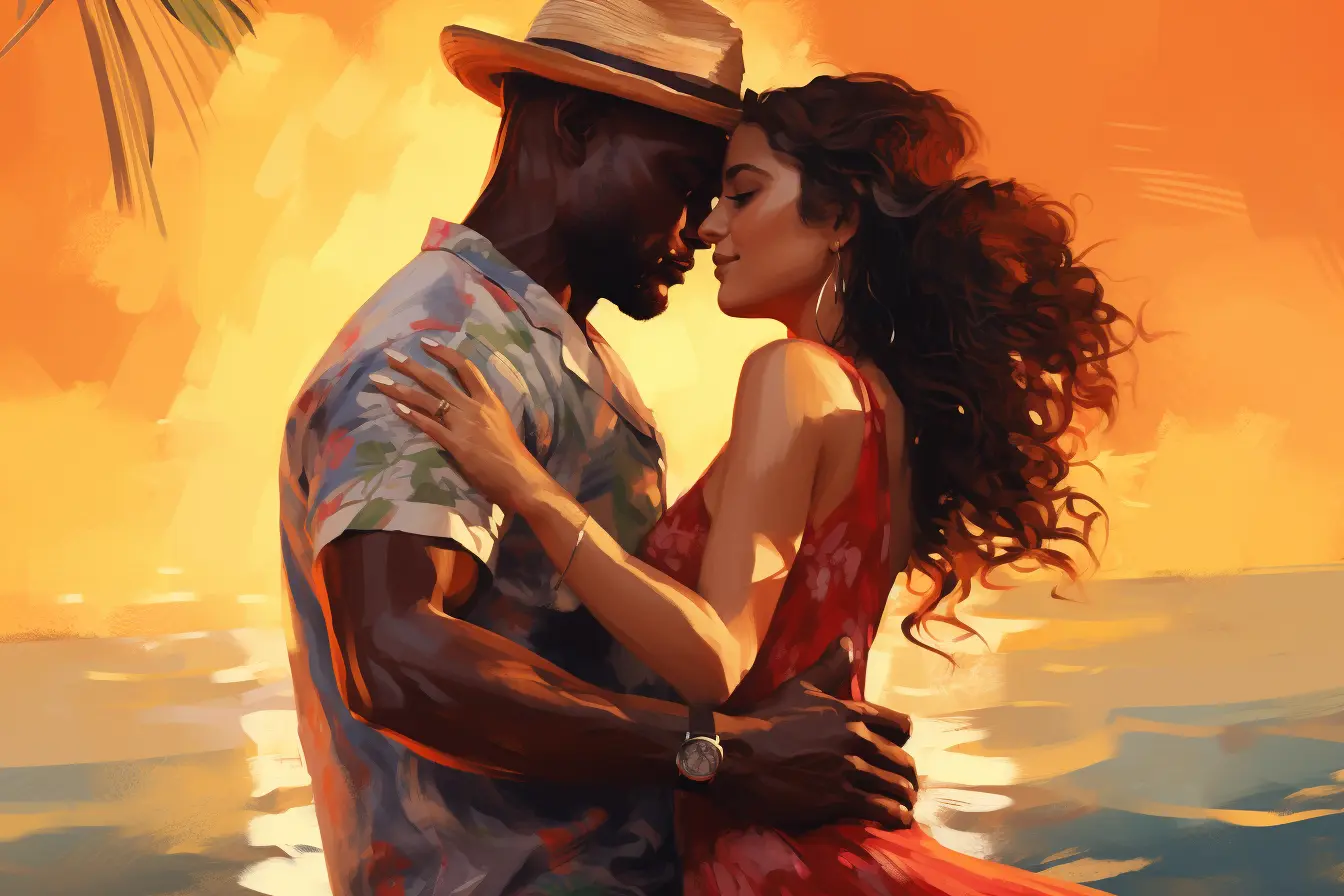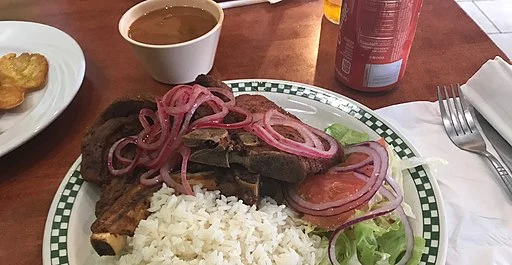Basic Entry Requirements
Most visitors to the Dominican Republic, including citizens from the United States, Canada, and the European Union, do not need a visa for stays up to 30 days. However, there are some important requirements:
- Tourist Card: All visitors must purchase a tourist card upon arrival, which is typically included in the airline ticket price (around $10)
- Passport: A valid passport is required for entry with at least 6 months validity
- Longer Stays: If you plan to stay longer than 30 days, you will need to apply for a visa
- Verification: Always check the latest requirements with the Dominican Republic embassy in your country
Common Visa Types
Tourist Visa
- Valid for 30 days
- Extendable up to 120 days
- No work permitted
- Proof of onward travel required
Residence Visa
- For long-term stays
- Requires financial proof
- Valid for 1 year, renewable
- Allows work with permit
Retirement Visa
- For retirees with pension
- Minimum $1,500/month income
- Tax benefits available
- No work permitted
Investor Visa
- Minimum $200,000 investment
- Real estate or business
- Fast-track processing
- Path to citizenship
Application Process
Step 1: Gather Documents
- Passport with 6+ months validity
- Proof of financial means
- Medical certificate
- Police clearance
Step 2: Submit Application
- Apply at Dominican consulate
- Pay application fees
- Attend interview if required
Step 3: Receive Visa
- Processing time: 2-3 months
- Valid for entry within 60 days
- Convert to residence card after arrival
Important Considerations
Legal Assistance
Recommended to use an immigration lawyer
Document Translation
All documents must be translated to Spanish
Tax Implications
Understand local tax laws before applying



